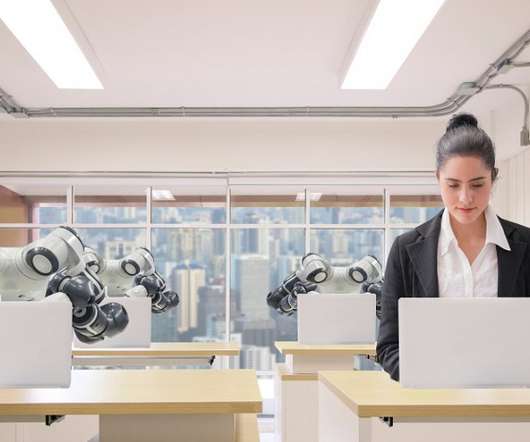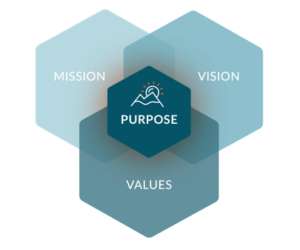How to Ensure Your Organization’s Digital Transformation Succeeds
Leading Blog
JANUARY 19, 2024
This force is called creative destruction, which is the process where innovation and technology advancements are reshaping industries and business models. These transformations typically involve a profound change in how a business operates, encompassing people, process, and technology. This raises some pertinent questions.


















Let's personalize your content